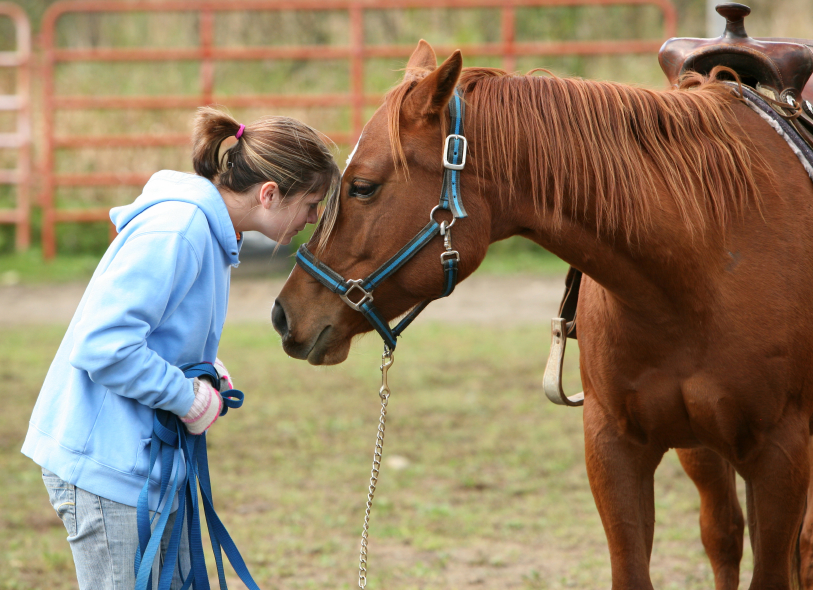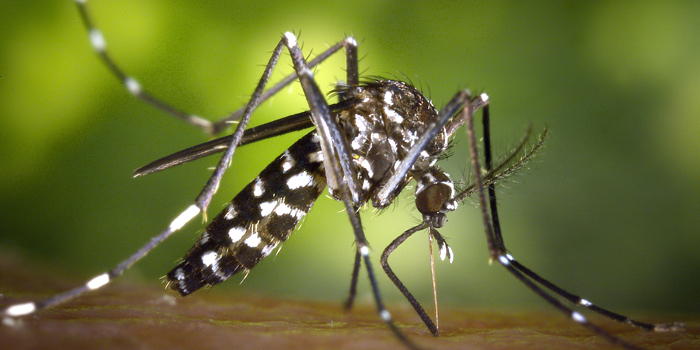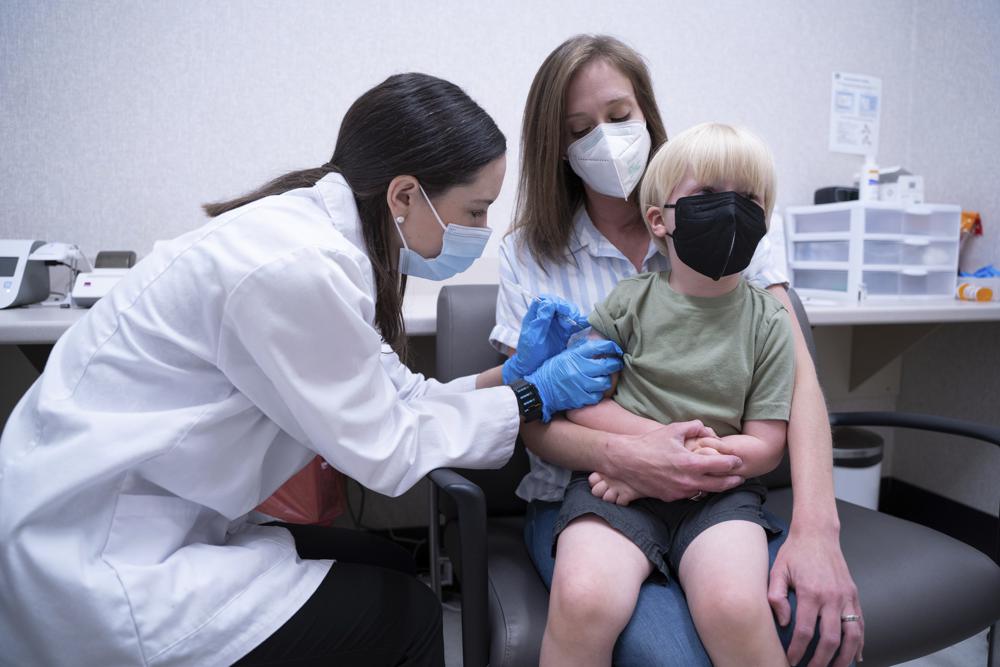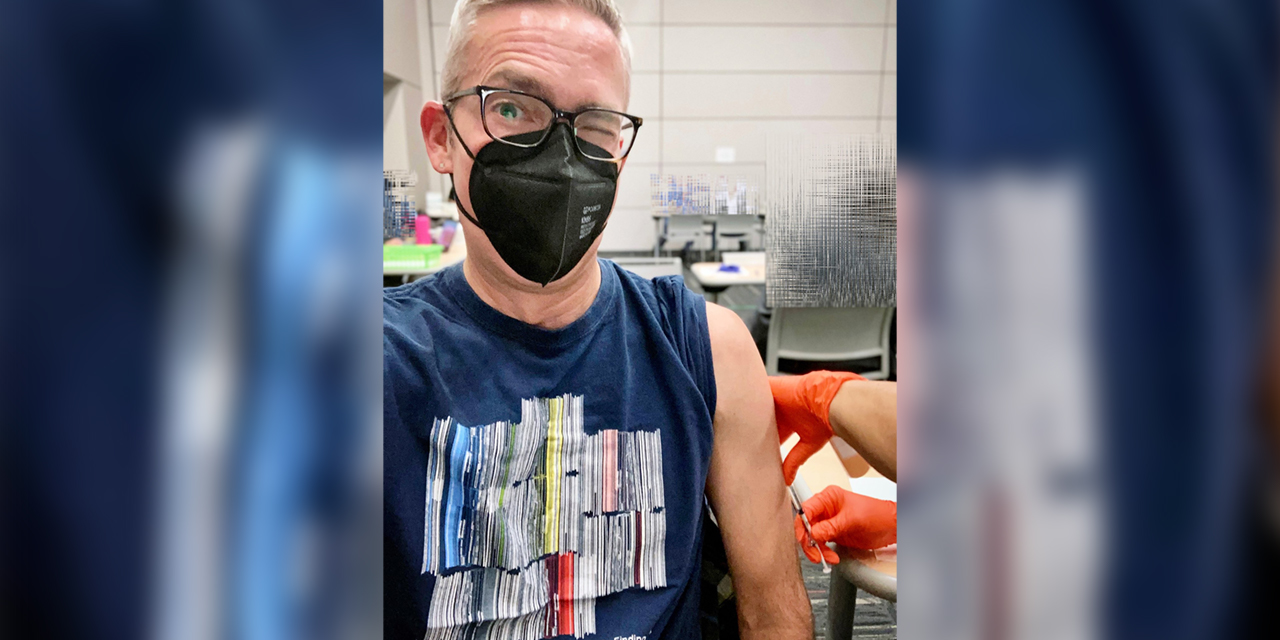Horse owners are urged to vaccinate their equine after two horses were diagnosed with Eastern Equine Encephalomyelitis in Horry County, South Carolina.
The North Carolina Department of Agriculture and Consumer Services released the news Wednesday about the two horses that have contracted the virus which is most often fatal due to the swelling of the brain and spinal cord.
Public Information Officer for the NCDA Jennifer Kendrick explained the mosquito-borne virus as something to be aware of year-round.
“We’ve been encouraging horse owners to get their horses, donkeys, mules vaccinated against EEE for several years now and because our mosquito season can go pretty much all year long at times depending on the year, we do encourage horse owners to keep up that vaccination twice a year to protect their equine.”
Kendrick shared some signs of the EEE virus and what types of behavioral changes you may want to look out for.
“Fever and rapid heart rate, them not wanting to eat, depression, circling is one of the signs of it, muscle weakness, head pressing and wall leaning, those are some of the things you should look out for,” Kendrick said. “Those could also be several other viruses as well, so whenever you do notice any changes in your equine, you really do need to contact your veterinarian and have them checked out pretty quickly.”
This virus can also be contracted by humans, although it is very unlikely to happen, Kendrick said it’s always smart to take extra precautions around your property to protect your equine and yourself.
“Just do everything you can, you know, we get a lot of rain in North Carolina in the summer so being vigilant about keeping things emptied out, as small a bottle cap, mosquitoes can breed in very small spaces and very little bit of water, so being vigilant in keeping those kinds of things cleaned up on your property is a great way to prevent.”
Orange County Health Department shared more helpful tips on how to maintain a mosquito-free property.






Comments on Chapelboro are moderated according to our Community Guidelines